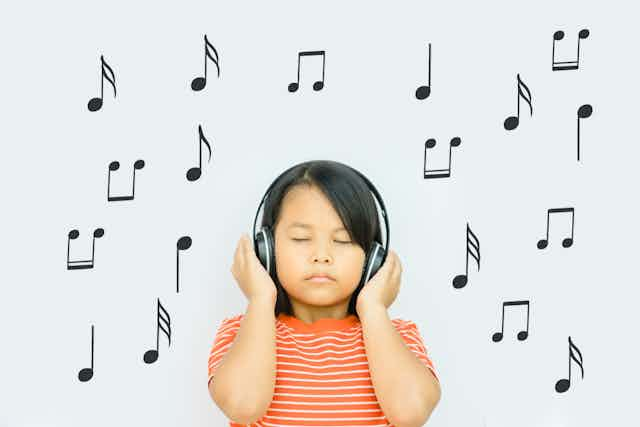Music is an integral component of our lives. Whether you’re listening to soothing tunes, dancing beats, or even lyrics, a person could not endure without the love of their life. Research has shown that music of different genres can alter blood pressure. For instance, rock and metal cause more positive changes than tranquilizer-like tracks. The fluctuations in hormones are caused by differences in the kind of music we enjoy. Additionally, calm music that is acoustic helps regulate everything from moods and emotions to appetites.
The notion that music could affect our mental health isn’t new. The ancient cultures of the world used drumming as well as singing to heal themselves thousands of years before. Today, we are aware of how effective the practice can be in aiding people suffering from everything from post-traumatic stress disorder (PTSD) to anxiety disorders and there’s no end to the possibilities when it comes to who will benefit from it, since each person has their own concerns regarding moods and emotions.

Music therapy is a practice that virtually everyone has utilized in their lives. It is a form of therapy that is based on music. It has the highest capacity to heal those who require healing than any other kind of. Patients will experience an emotional connection and improve their mood by simply listening. In order for this type of treatment to be 100% effective, therapists often compose songs or lyrics of traditional songs. They also enjoy engaging in specific types like mindfulness exercises, for example, during which the patients are required to focus on specific sounds.
Music therapy can be beneficial to everyone.
Music therapy is used to relax you, and it’s being used to take your mind away from tension.
1. Hearing Impairment
Music therapy has been shown to aid people who are hearing impaired by improving their speech formation. Though only a small portion of people are unable to hear but it’s possible for other people to experience a sensation. Music therapy improves speech formation by helping with problems with intonation/tempo and also the perception of wavelengths/rhythms. These factors all affect how quickly or smoothly we talk, based on the type of music we’re using.
2. Autism
To aid the autistic spectrum disorder (ASD) patients music therapy has demonstrated to be effective. It is possible to combine music therapy with standard treatment to help people with autism spectrum disorders (ASD). It seems that it can result in more fulfilling lives. Children who received both treatments had fewer periods of isolation and social withdrawal than those who received just one. This suggests there’s some benefit to mixing them. Boys who are better in social skills are also likely to be more socially active.
3. Chronic Pain
Pain and music both can provide beneficial inputs for those who suffer and, therefore, it is no surprise that when music therapy can be used in regards to easing one’s emotional burden, they’ll experience less physical discomfort. You can achieve this by removing your focus from the nagging sensations making it easier to focus on the things happening around you. This is similar to the way our ears work in concert and pianos, in the absence of any other activity.
For more information, click house of music